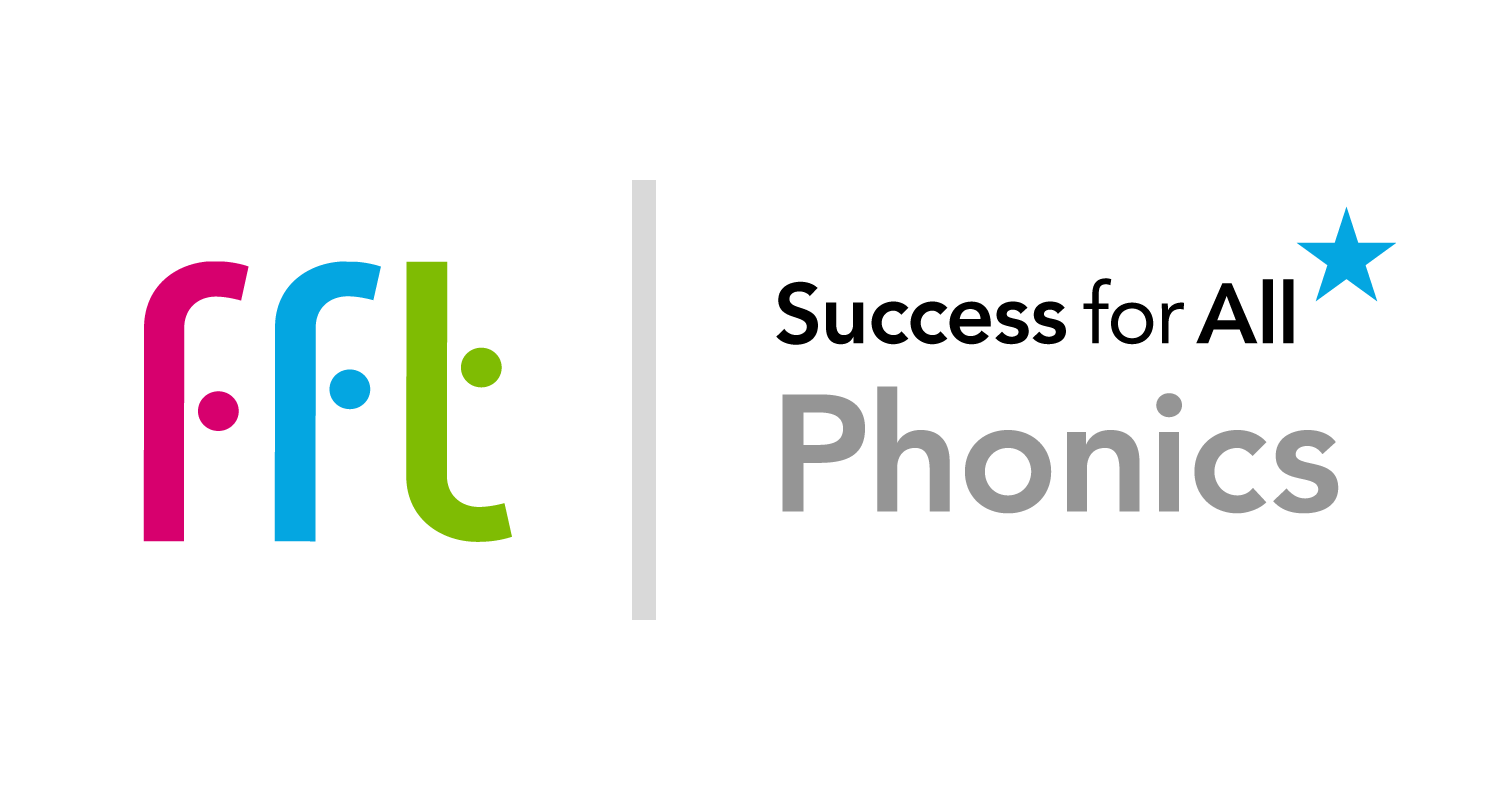Phonics
Our rationale:
The acquisition of phonics knowledge is fundamental for children to decode unfamiliar words. Phonemic awareness is where children are familiar with assigning a set of written letters to our spoken word; without this clear assignment, the written word cannot be read accurately.
The complexities of our English language consist of up to 44 sounds (phonemes) but over 250 graphemes (written representation). Our focus is to educate children in being secure with their phoneme-grapheme correspondence; this will better prepare children for the journey to becoming proficient and fluent readers.
Because of the importance that phonics plays on children's ability to read and write, we have ensured that the teaching of phonics remains a constant for the children throughout school; therefore, the teaching, retrieval and application of phonics constitutes our spelling curriculum and underpins our reading curriculum.
When the children first begin their reading journey, we ensure that they receive high quality, systematic teaching of synthetic phonics. We achieve this through a book based phonics approach that complements Phase 2, 3 and 5 phonics sounds whilst encompassing Phase 4 alongside. Whilst there is a big focus on the teaching of skills within KS1, we also strive to encourage a love of reading through the exposure of a wide range of stories. As the children develop and secure their phonics skills, they can then begin to apply this accuracy to becoming fluent in reading; comprehension is interwoven alongside.
Valuing the importance of vocabulary in order to increase comprehension, the conventions of phonics also aid the teaching and learning of spellings.

We use the FFT Success for All Phonics programme for our reception children because it offers a clear, consistent, and engaging approach to early reading. FFT uses carefully structured lessons that introduce Green Words (decodable words) and Red Words (tricky, non-decodable words) to help children build both decoding skills and sight word recognition. Captions and short sentences are used regularly to help pupils apply their phonics knowledge in context, developing fluency, comprehension, and confidence as readers.


